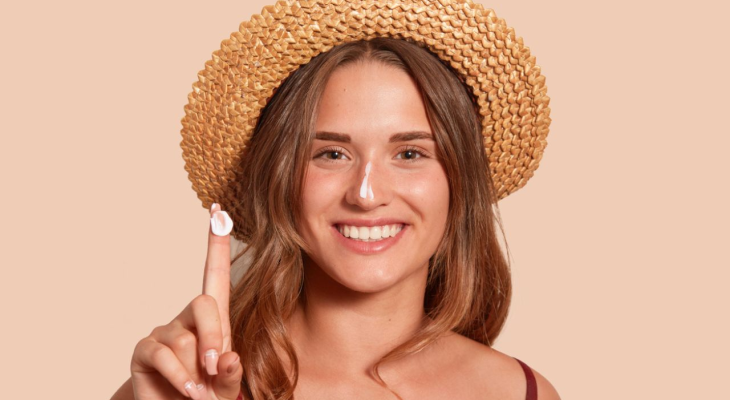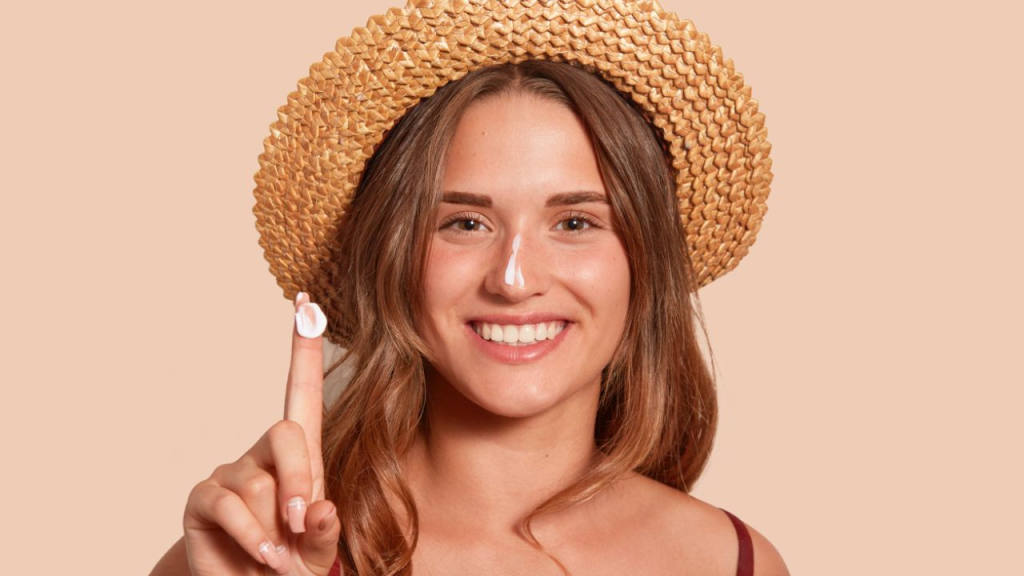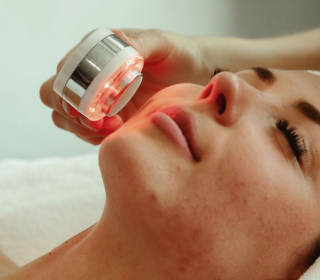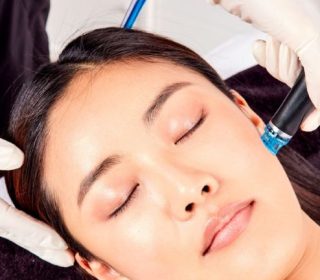10 Essential Facts About SPF: Our Top 5 Sun Protection Products to Try

The sun is here to stay. Wearing SPF for our skin is more important than ever. What you need to understand and what we recommend for sun protection
The shops are stocked with a variety of SPF products that will help protect our skin from the sun during warmer days.
Did you know you should wear your SPF 365 days a year to protect your skin and prevent premature aging?
No matter what your skin color or tone, this is the ultimate skincare preventative and your daily dose.
SPF benefits…
- Cancer prevention: Reduce your risk
- Skin protection against UV/UVA rays
- Protects against sun burn, redness, inflammation
- Early signs of aging prevention
- Hyperpigmentation is prevented by maintaining a skin tone that is even.
- Stops DNA damage
The 10 most frequently asked questions regarding SPF
Does it matter if the sun is cloudy or not?
Cloudy days do not excuse you from wearing sunblock. UV rays are not affected by the temperature, and they can even penetrate thin clouds.
Temperature does not affect the UV radiation level
The UV radiation can be intensified by patchy clouds because the sun’s rays are reflected from the edge of the cloud and focussed on the ground.

What SPF is best for your face?
You should never compromise on the protection you provide on your face, even if your SPF is lower.
The SPF in foundation won’t protect you from the sun. Use a separate sunscreen with SPF on your face.
What is the difference in UVB and UVA Rays?
UVB rays can cause skin burns, while UVA rays age the skin and cause DNA damage.
Dr Preema explains that UVA rays alter skin cells’ DNA and cause malignant melanoma.
UVA rays cause ageing
What is the importance of sunscreen for skin protection?
Sunscreen is the most effective skincare product to reduce wrinkles. UVA and UVB cause wrinkles because they break down collagen and create free radicals, as well as inhibiting the skin’s natural repair system.
‘If there is only one product you buy, make it a sunscreen’, says Dr Preema

Does sunscreen protect against UVA rays and UVB rays in the same way?
In the UK, products have a star rating that tells you how much UVA protection a sunscreen offers.
Look for sunscreens with the label ‘broad-spectrum’
The EU standard is three stars, which means that an SPF15 offers the same UVB and UVA level of protection.
Look for sunscreens with the label ‘broad-spectrum’. Only sunscreens which protect against UVA/UVB rays can legally use this label.
How often should I apply sunscreen?
Apply sunscreen generously 20 minutes prior to sun exposure. This allows it to penetrate your skin. Reapply every 2 hours, particularly if you are in and out the water.
Dr Preema advises that you should reapply your sunscreen every two hours or whenever you swim, sweat, or exercise.

What is the best protection: spray, gel, or cream?
All formulas offer the same level of protection. If it says SPF15, then that is the amount of protection.
The choice of sunscreen is a personal one. Look at the SPF level and UVA protection and not the actual product.
Retinol products will cause skin to be light sensitive
If you are going to be in the sun, should you avoid products that contain Retinol?
Retinol products should not be worn in the sun. They will increase your skin’s sensitivity to UV rays, and cause it to age more quickly.
Dr Preema warns that products with Retinol can make the skin more sensitive to light and remove old skin cells. This means you lose some sun protection because the dead skin cells are removed.
What are the ingredients that you should look for when choosing a sunscreen product?
Sunscreen ingredients are divided into two categories: physical compounds which block radiation and non-physical substances that absorb radiation.
Choose physical sunscreens that are scientifically advanced, such as Titanium Dioxide or micronised Zinc Oxide. They provide broad spectrum sun protection.

What’s the future of sun-protection? –
The latest sunscreens are not only effective in protecting against UVA and UVB radiation, but also have anti-ageing and DNA repair properties.










